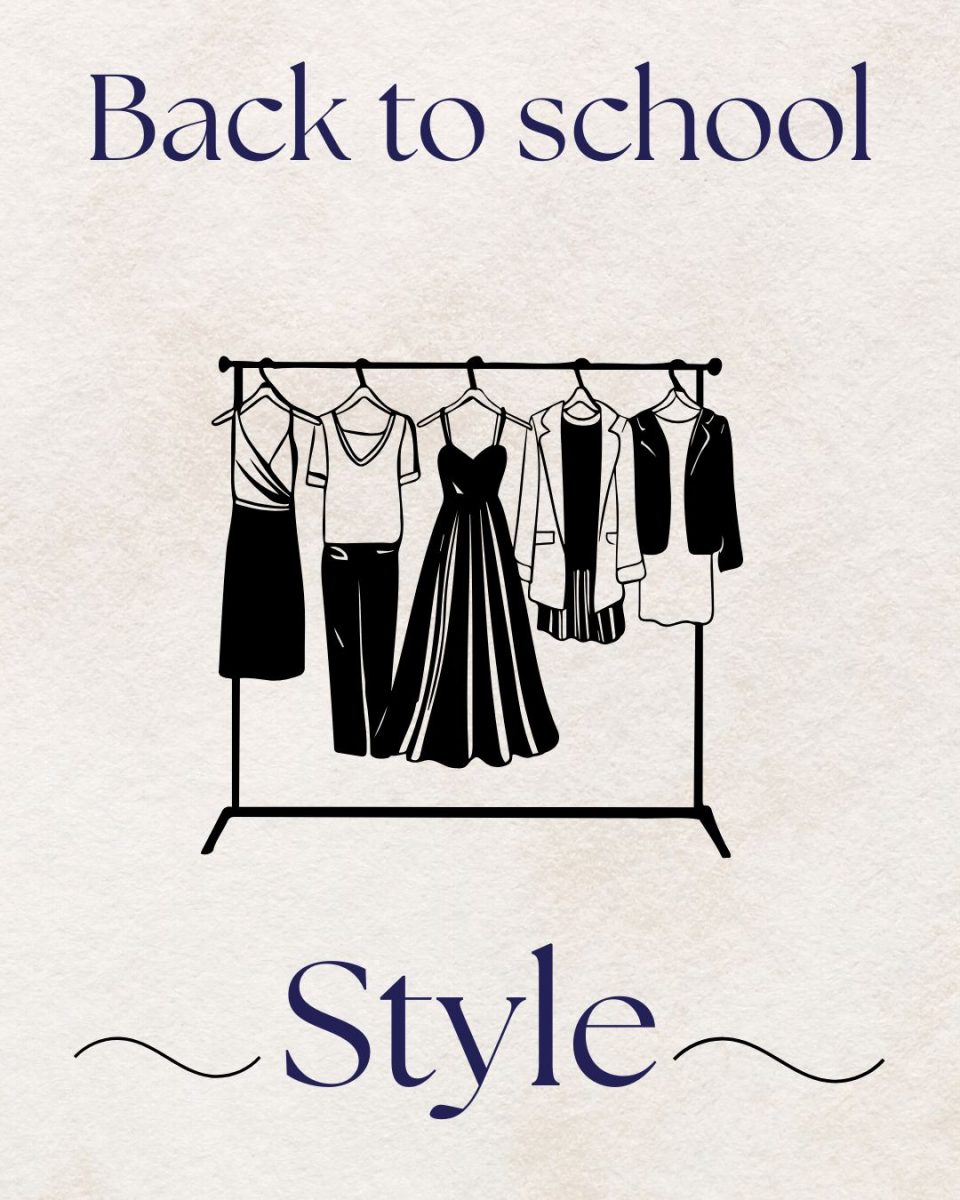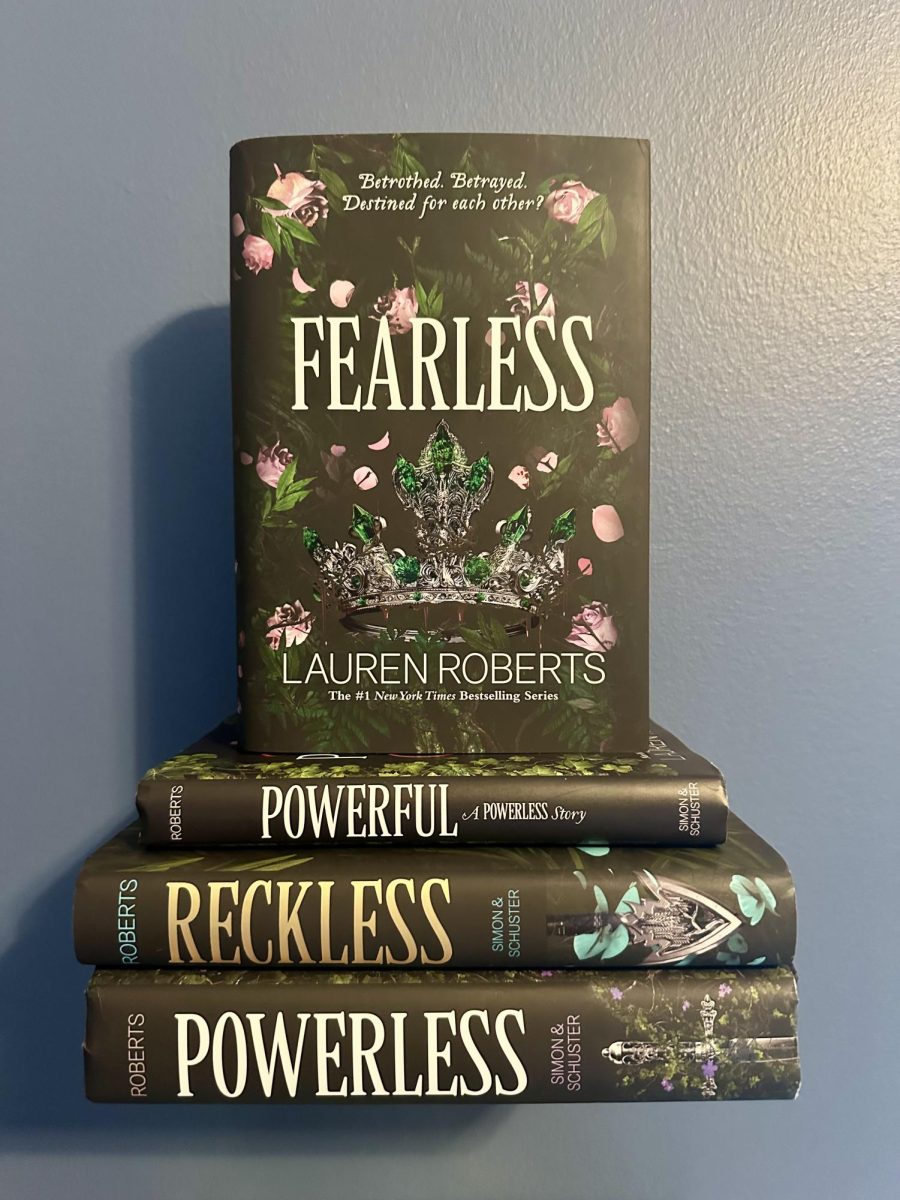Blending dark themes and dysfunctional characters, “Thunderbolts*” is a fulfilling theater experience.
Since “Avengers: Endgame,” the Marvel Cinematic Universe (MCU) has dealt with a scaling problem. Films like “Doctor Strange in the Multiverse of Madness,” “Spiderman: No Way Home” and “Deadpool and Wolverine” were among the studio’s recent hits, but they faced a crucial problem: they left no room for the “boots on the ground” stories the MCU built itself upon. Luckily, Marvel kicked off the summer movie season with “Thunderbolts*”, a thrilling, hilarious and heartfelt reminder of why audiences fell in love with the MCU in the first place.
The film centers around a ragtag group of anti-heroes, who are brought together by a common enemy, as well as their similarly traumatic histories.
“Thunderbolts*” deals with themes of fulfillment, loneliness and purpose that Netflix and A24’s “Beef” explored, hence why Marvel brought on “Beef” director Jake Shrier to direct the project. Shrier is aided by other A24 alum, including screenwriter Joanna Calo, cinematographer Andrew Droz Palermo, production designer Grace Yun and composer group Son Lux, who ground the project within the MCU’s fantastical reality. Calo’s script balances dark, depressing themes with the MCU’s signature quippy dialogue, without undercutting the film’s tense or serious moments, allowing it to truly examine its subject matter.
At the heart of the films’ ensemble is Yelena Belova, played by Florence Pugh. Introduced in 2021’s “Black Widow,” Belova acts as the heart and soul of the team, helping vocalize the film’s themes. Pugh manages to balance a sarcastic charm with a genuinely emotional performance.
The film’s other unexpected stand out was Lewis Pullman’s “Bob.” Pullman crafts a layered performance of a man trapped by his own psyche, showing off a dramatic and comedic timing that pairs well with Pugh’s relatability and charisma, creating a standout dynamic within the film’s larger ensemble. Bob visualizes many of the film’s themes both through Pullman’s performance and the character’s complex circumstances.
“Thunderbolts*” is an ensemble film and the rest of its cast doesn’t disappoint. Wyatt Russel brings a jerky charm to ex-Captain America John Walker; Sebastian Stan brings the charisma expected of Bucky Barnes and David Harbour steals every scene he’s in as Russian super soldier Alexei Shostakov. Also, Julia Louis Dreyfus does a terrific job as antagonist Valentina Allegra de Fontaine.
The cast’s chemistry is electric and their dialogue and interplay help “Thunderbolts*” shine in a similar vein to “Avengers” or “Guardians of the Galaxy.” Their chemistry elevates a solid script to a moving one, as each cast member brings the necessary emotion and dysfunction to their respective parts.
The film opens on Pugh’s Yelena Belova, contemplating her life before skydiving off the second tallest building in the world, Merdeka 118. That stunt and many others are almost completely practical. Schrier and his team ground “Thunderbolts*” with real explosions, stunts and choreography, distinguishing the film from many of its more computer-generated imagery reliant counterparts.
“Thunderbolts*” isn’t a perfect film. Some jokes don’t land, some characters are less developed than others and the pacing can be uneven at times but, like its characters, “Thunderbolts*” rises beyond its flaws to achieve something great.




